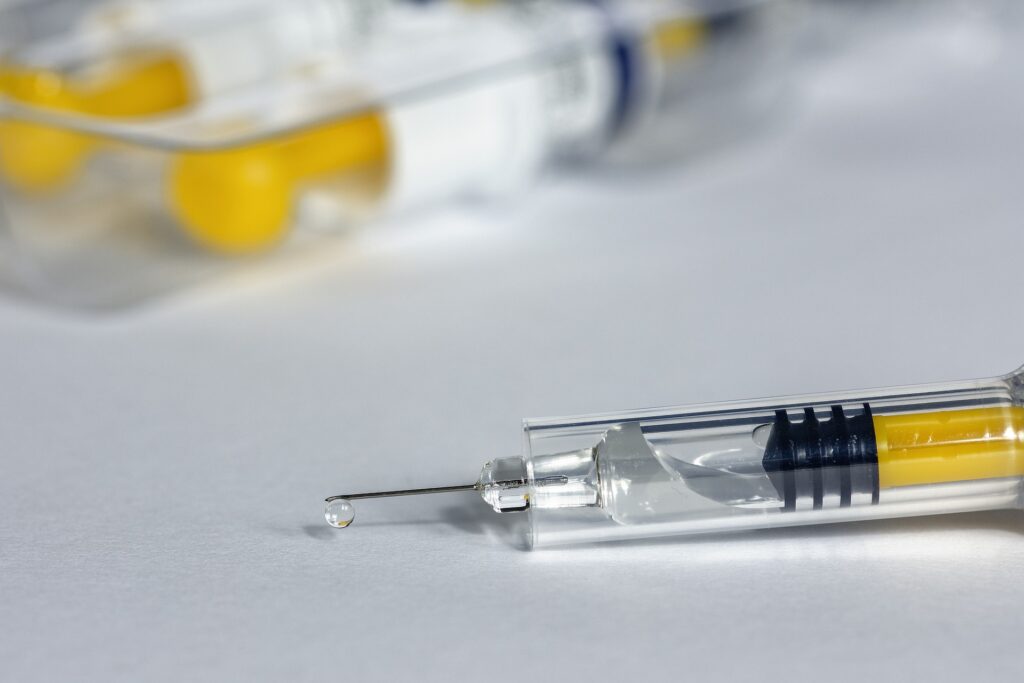Abstract
Costly targeted therapies are playing an increasingly important role in treating cancer. To characterize trends in spending on targeted therapies for breast cancer and to estimate the association of these therapies with cancer mortality, we analyzed cancer diagnoses in the Surveillance, Epidemiology, and End Results Program–Medicare linked database. We categorized total cancer spending into spending on targeted therapies, spending on nontargeted therapies, and spending on other cancer care. Diagnosis-year spending on targeted therapies increased from $1,024 per patient in 2000 to $18,809 per patient in 2015 for patients with advanced-stage cancer and from $82 to $3,289 for patients with early-stage cancer. For patients with advanced-stage cancer, a $1,000 increase in spending on targeted therapies in the diagnosis year was associated with a 0.55-percentage-point decrease in adjusted three-year cancer mortality, whereas for patients with early-stage cancer, there was no association. The other two types of spending (on nontargeted therapies and other cancer care) were not associated with mortality among patients with either advanced- or early-stage cancer. Our results indicate that among various types of cancer treatments, only targeted therapies generated meaningful survival gains for patients with advanced-stage breast cancer.
A press release about the study is available here. The full study is available here.
